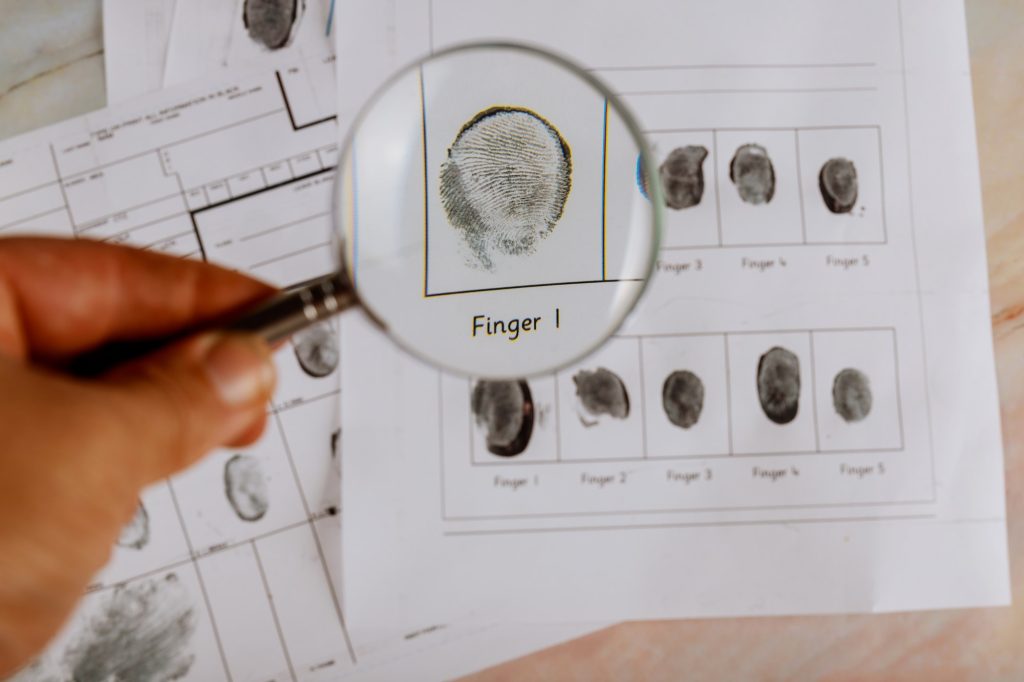
Forensic science and criminal investigation are two intertwined fields in the delivery of justice. Forensic science refers to the scientific methods applied in criminal investigations, from the collection and analysis of evidence to the presentation of findings in court. Criminal investigation, on the other hand, is the process of gathering, processing, and evaluating all evidence that relates to the commission of a crime to identify and apprehend the perpetrator. These fields are critical in the fight against crime and the determination of the truth in legal proceedings.
The importance of forensic science in criminal investigations cannot be overstated. Forensic scientists use scientific methods and techniques to analyze physical evidence from crime scenes and connect it to perpetrators or victims. The evidence can include blood, saliva, hair, fibers, fingerprints, DNA, footwear impressions, and tool marks. Forensic scientists use tools like microscopes, chromatography, and spectroscopy to identify substances and analyze non-biological evidence like explosives, glass, and drugs. Without forensic science, it would be virtually impossible to gather the level of detail that is often necessary for criminal investigations.
Criminal investigations, however, are not just about applying scientific methods to physical evidence. They are also a complex process that requires the collaboration of different experts, including forensic scientists, investigators, witnesses, and lawyers. The process begins with the discovery of a crime and the gathering of initial information from witnesses and other sources. The police then secure the crime scene and start collecting physical evidence, which is brought to the laboratory for analysis. Investigators then use the evidence and any additional information to identify potential suspects and interrogate them. After that, forensic scientists and other experts analyze the evidence and provide their findings to the investigators. The process then ends with the presentation of evidence in court, where it is used to convict or acquit criminal suspects.
While forensic science and criminal investigation are often glamorized in television programs, their real-world application is much more complex. Forensic scientists must provide verifiable evidence that improves the outcome of criminal cases. They must employ only the most rigorous analytical techniques and follow strict standards and protocols to do so. They must also ensure that their conclusions withstand scrutiny and are not vulnerable to challenges by opposing counsel. The criminal justice system relies heavily on forensic scientists to provide evidence that is accurate and reliable and enables a fair and just outcome in court cases.
Despite their vital role in the justice system, forensic science remains a highly specialized field with unique challenges. For instance, forensic scientists must safeguard the integrity of evidence and minimize the risk of contamination, which could lead to false results. They must also have access to cutting-edge technologies that enable them to collect, analyze, and interpret evidence accurately. Furthermore, they must continually update their knowledge of the latest scientific and legal developments to ensure their work is of the highest standard.
As the field of forensic science and criminal investigation continues to evolve, there are likely to be new challenges and developments. One trend is the increasing use of digital forensic sciences, which involves collecting, analyzing, and interpreting data from electronic sources. In today’s interconnected world, digital forensics is becoming an essential part of criminal investigations, with forensic experts being able to extract evidence from hard drives, mobile phones, and even social media accounts. Therefore, the field of forensics is more significant than it has ever been, adaptive to changing technological advancements, yet still maintaining its traditional methods.
In conclusion, forensic science and criminal investigation play a critical role in determining justice in our society. Without forensic science, ensuring accurate and reliable results in solving crime-related issues would be virtually impossible. Forensic scientists use scientific methods and techniques to analyze physical evidence from crime scenes, providing accurate information that helps investigators to solve complex criminal cases. In the process of criminal investigation, forensic scientists and other experts work together to provide accurate, reliable, and verifiable information that enables a fair and just resolution in court cases. Knowing how vital these fields are in the administration of justice, it is essential to recognize that rigorous standards, protocols, and training are essential. Even with changing advancements, forensic science, and criminal investigation are critical to our society’s well-being and will always be necessary to bring justice and keep our communities safe.
